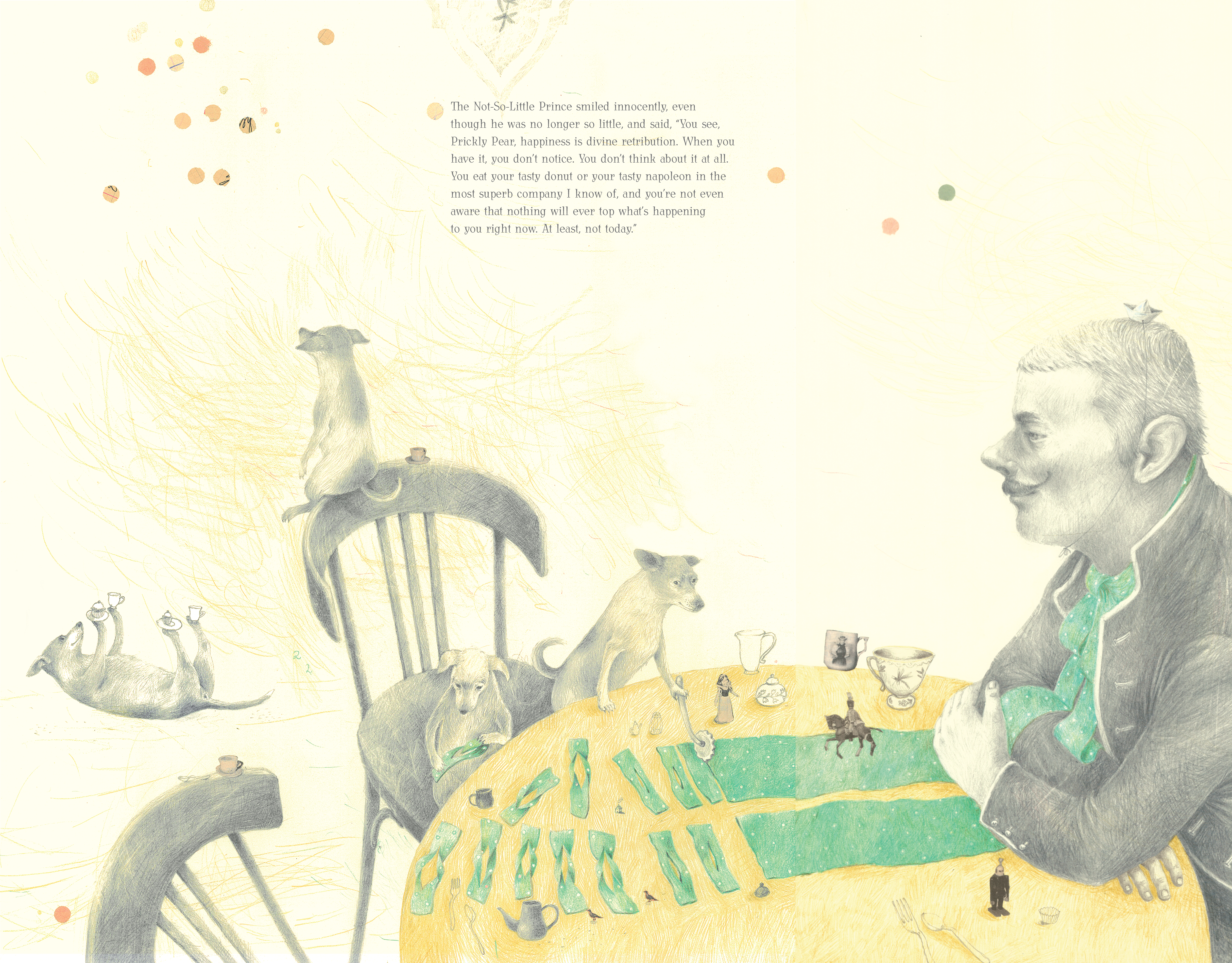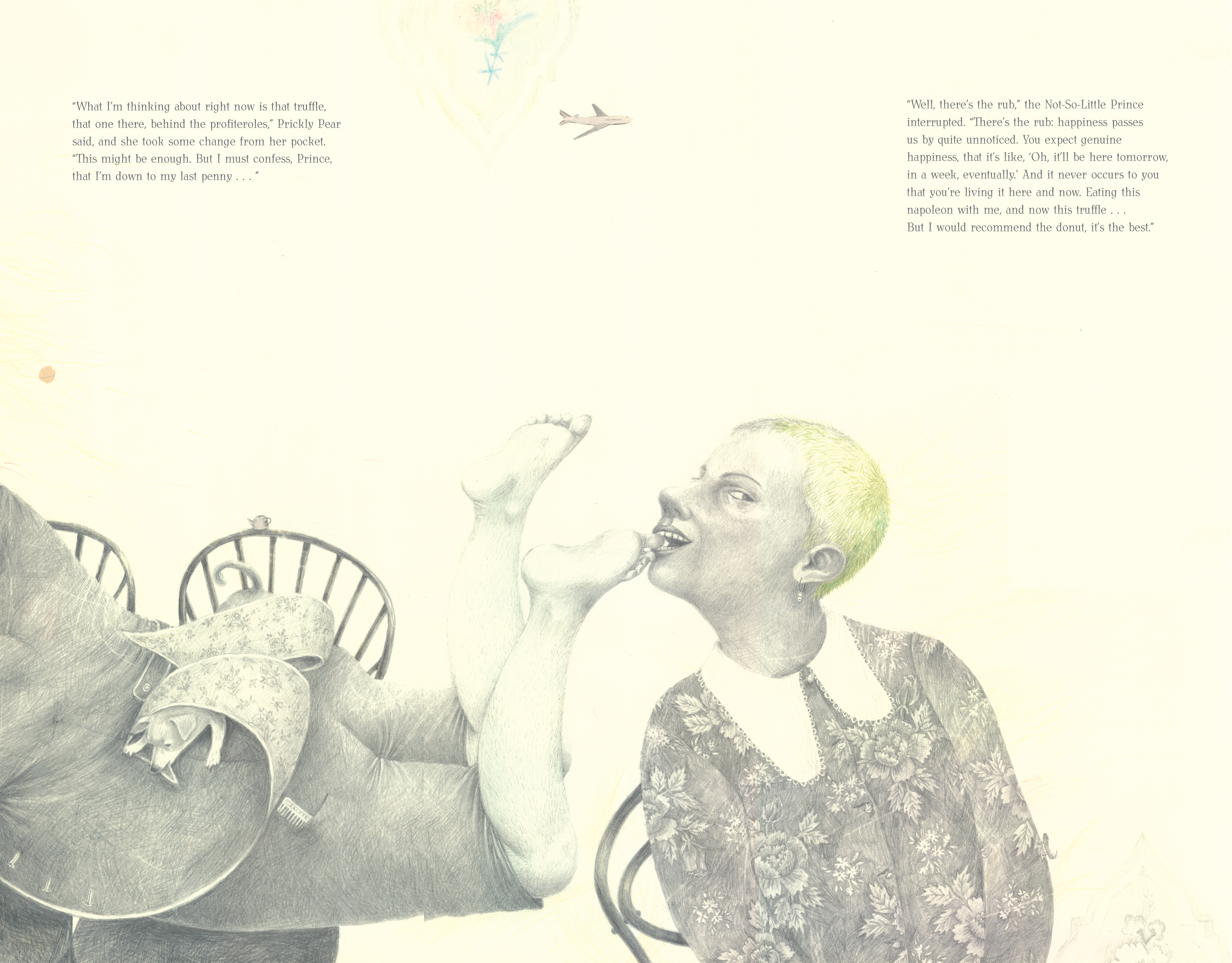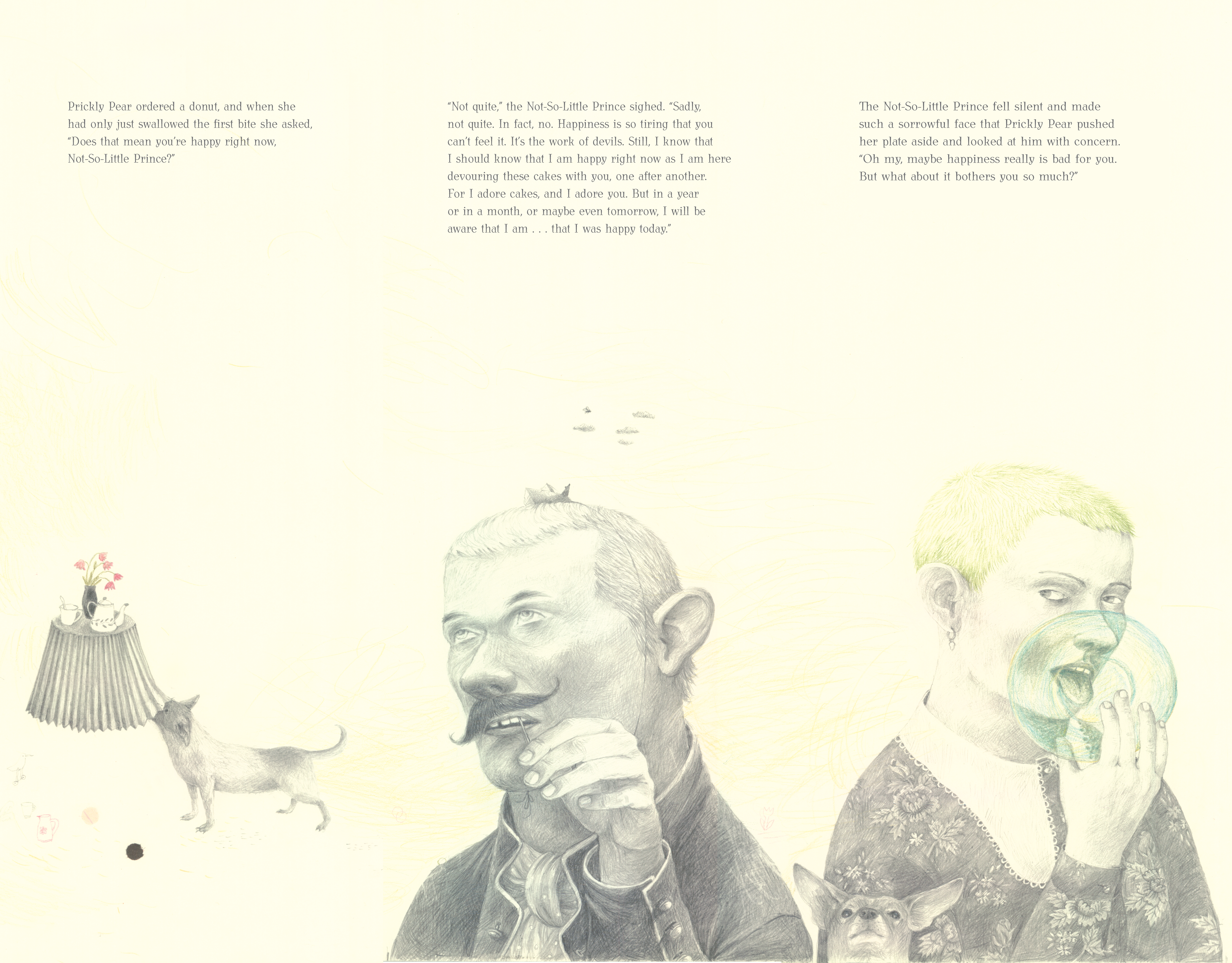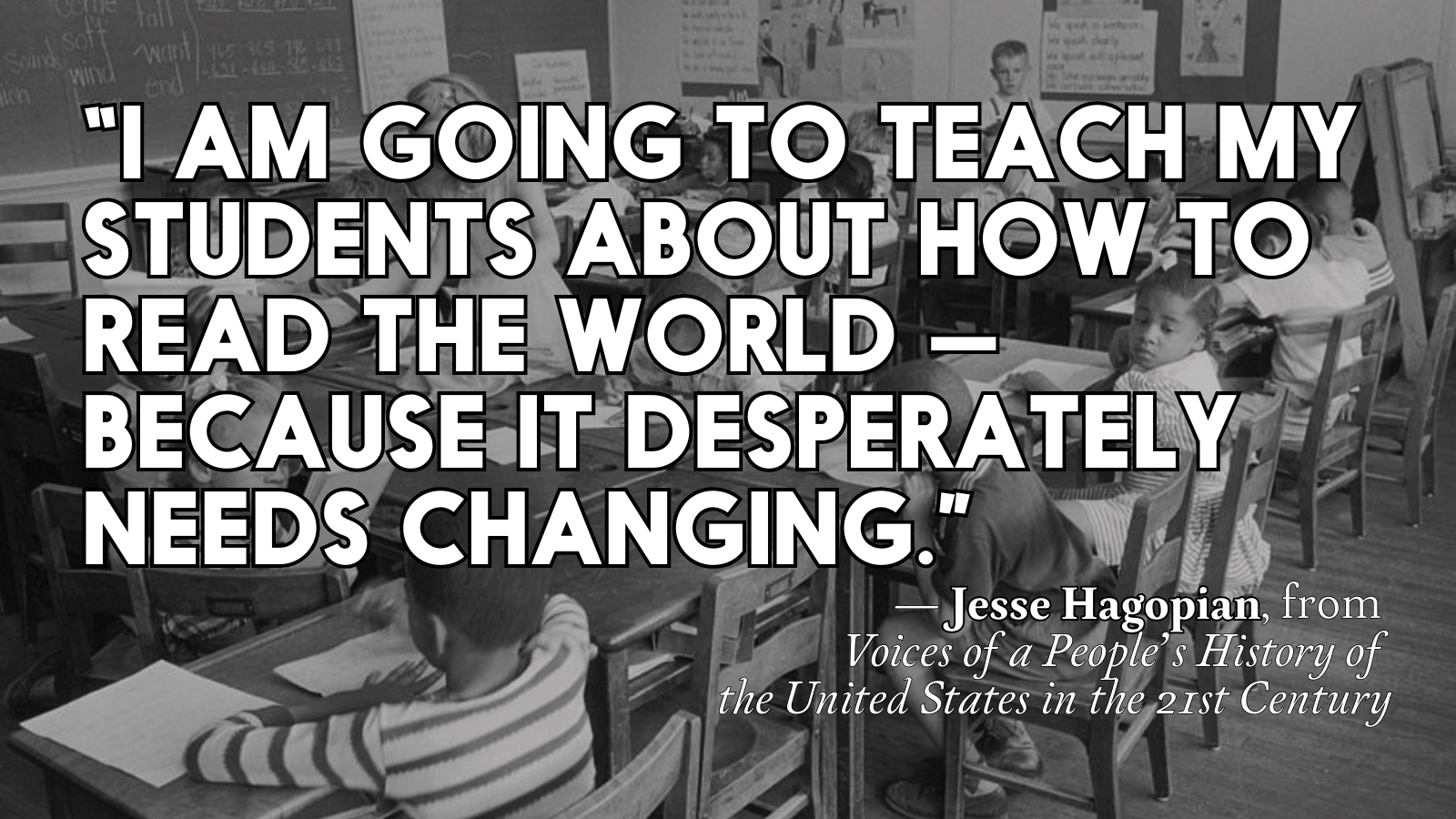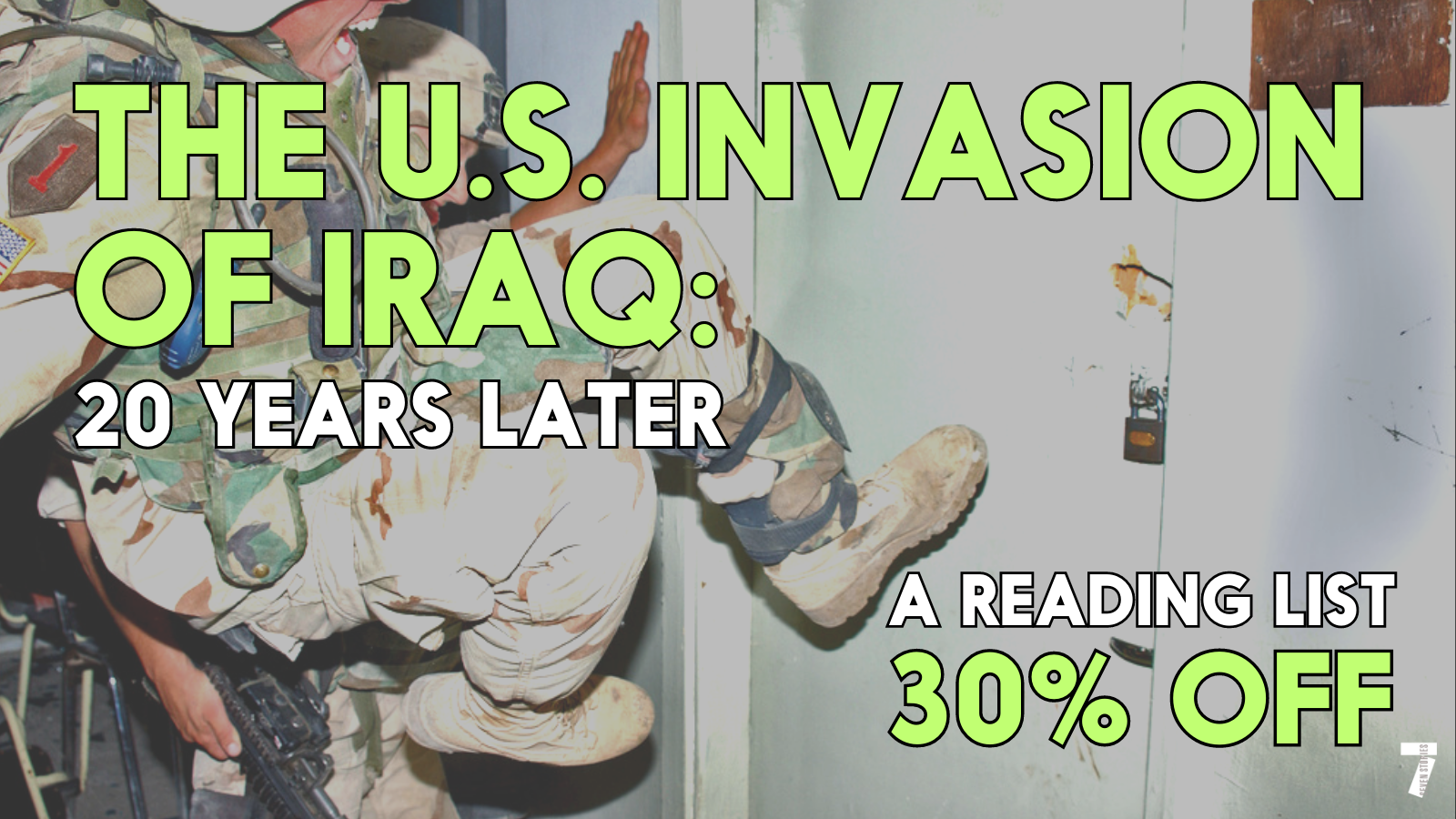From Miles & Me: An interview between Dan Simon and Quincy Troupe
With a Spotify playlist of Troupe's favorite Miles Davis tracks at the end of the interview
Dan: In his introduction to this new edition of Miles & Me, former Village Voice and Spin magazine editor turned celebrated film producer Rudy Langlais shares how you first came to get to know Miles, as he remembers it. We wanted to start with Rudy because that takes us all the way back, kind of to the beginning, 1985.
Quincy: Rudy tells the history, where we met and all that. Which is cool with me, because he was talking about me as a writer, which took me a little off guard, and because he left it to me to talk about the book.
Dan: Miles & Me feels so natural, because the friendship between you and Miles propels the story forward. How did this book happen?
Quincy: When I first spent time with Miles, it was to interview him for Spin magazine. But almost from the first meeting, it was bigger than that. And it was kind of strange because, how Miles was, well, he was very idiosyncratic. I had a bad knee at the time, which he didn't know of course, but he liked to test people, find out what you were made of, so he made me wait, standing upright, on my feet, for about a half hour while he was drawing.
Miles and I had met before. He had said he liked my sense of style. But he didn't rememebr that. So for him, this was our first time meeting. Of course, I knew him as a musician. We were both from St. Louis—East St. Louis, Illinois, in his case, St. Louis, Missouri, across the Mississippi River, in my case. The first band he played in, when he was about seventeen or eighteen, was my mother's first cousin Eddie Randle's band. Eddie was an undertaker, one of the leading undertakers in St. Louis, but also a great musician. And I loved the music, but I don't think I ever met Miles back then.
So when I went over to Miles' apartment in New York City, standing, waiting for him to be ready to be interviewed, that really pissed me off. So, finally, he invited me to sit down. He was staring at me from behind his sunglasses. Then all of a sudden he reached across the table with his long fingers, and grabbed all the hair in my dreadlocks, and said, "How did you get your hair likes this, is this your real hair?" First off, I was shocked when he grabbed my hair like that, and since I didn't like anyone invading my personal space, I slapped his hand, just by reflex. And he pulled his hand back, and he said, "Motherfucker, are you crazy? Why you hit me like that?" And I said, "No, I'm not crazy." And I pointed at him and then at myself, and I said, "Miles' space, Quincy's space. Just because I'm here to interview you, and you're a famous person, does not give you a right to invade my space." And then I repeated it again, "Miles' space, Quincy's space." And then his mouth flickered a little, kind of like he was thinking a smile but the smile hadn't completed the journey yet. And then he said, "Motherfucker, where are you from." And I said, "St. Louis." And he said, "Now I know you're crazy." And I said, "Not only that, the first band you played in was my cousin Eddie Randle's band." And he said, "Eddie Randle is your cousin?" And he took his glasses off then, and he said, "Well then, motherfucker, ask me a question."
Dan: I don't think I've ever heard of an interview that started like that.
Quincy: I was supposed to be there for one hour and a half. He only gave one or two interviews a year to American journalists. When Rudy Langlais, my editor at Spin, asked me who was on my wish list to interview for Spin, I had told Rudy Miles Davis was at the top of my list, followed my Michael Jackson and Chuck Berry. But Miles was at the top. The publicist at the time for Columbia Records was Sandra Trim-DaCosta, who happened to be one of my former students. So when Rudy put my name in and it came across her desk, among the probably hundreds of requests to interview Miles at that time, she plucked my name from the pile, which is how that all happened, a little luck came into play in that way.
So she told me I'd have an hour and a half, then she told me Miles lived at 79th and Fifth Avenue, on the fourteenth floor. So a week or so later I drove down in my bronze 1983 Saab, and went up.
Dan: Now that you were sitting down, and had Miles' attention, what happened next?
Quincy: I started to talk to him and ask him my questions. After a while, he said, "You want some food?" I said yes and he ordered in for us. "Do you want to hear some music?" And we did that. After a couple hours, Sandra came in to see how we were doing. And she suggested that we wrap up. But Miles said to her, "You ain't my fuckin' mother, we cool." So she left, and we kept going. And I was there that day for thirteen hours, and back the next day. And I had the tape recorder on and we just kept going. I had to call home to tell my wife, Margaret, that I wouldn't be there for dinner, and she asked me, "Can I speak to Miles?" And when he said yes and came on the phone she called him Mr. Davis, but he said, "Call me Miles." When I had to leave, he asked me if I could drop him off downtown on my way home. And when he sees my car, which I was proud of, he said, "What kind of piece of shit is this?" And I said, "It's the piece of shit that's going to take you downtown if you shut your mouth." He laughed and said, "All right, Quincy." And then he asked me if he could put something in the tape deck. And I said sure, and he put in the music that would become Tutu. After two tunes, he asked me what I thought. And I said I didn't like them. "You didn't like them?" And then he played some more of it, and I liked those.
Before I dropped him off, I asked him if I could call him if I had any more questions. So he gave me his New York and LA numbers, but he told me not to give them to anybody, and I teased him about that, saying, "Oh, you don't want me to give them to everybody?" And he liked that I teased him like that. And that was the first day, the first of many when we spent real time together, but it was a very long meeting, and by the end we knew each other, in the sense that we knew we could trust each other.
Dan: I get that.
Quincy: So, later on, after I transcribed everything and dropped it on Rudy's desk, it made a sound like a gun going off, because there was more than enough for a whole book right there, and after Spin published the two-part article, and Miles loved it like he did, he didn't want anybody else to write about him but me. So when the publisher called about doing Miles' autobiography, saying Miles wanted me to do the book, I didn't want to do it at first, but then I did it. In the autobiography, you don't see me in that book anywhere. I decided that I was going to write that book in his voice only, because he had a unique voice and I thought I could capture it and make it the book he wanted it to be. He was a great storyteller and I thought I could capture that too. I had no thoughts of mine in it. That was the way to do that book, and I'm really glad I did it that way.
So this book, Miles & Me, would be about our friendship. I wanted the readers to see another side of Miles, through my eyes, and as honest as I could make it. No holds barred. How he talked about me, and to me. And what kind of person he was. Because Miles was a beautiful person. He was very shy. He did not trust people. But if he trusted you he was very generous. Like, for example, he asked me to go talk to Jimmy Baldwin. Now James Baldwin was a friend of mine also, I didn't know Miles knew him as well as he did. Miles wanted me to talk to Jimmy for the autobiography. Miles thought he would have something to say that would be important. I said, "But he's in France." And he said, "Yeah, I know he's in France. I'll pay for your airfare, first class, and I'll cover your hotels and give you some money to spend while you're there." So he made a call and gave me five or ten thousand dollars in spending money for my trip. And he gave me names of people to see and Saint-Paul-de-Vence, where Baldwin lived. This was all for the autobiography.
And after the autobiography came out, he said, "I know you want to do a book about me, but don't write about me for a while." And I told him I wouldn't. And so, I waited, like he wanted, until after he died in 1991.
Dan: Friendship takes so many different forms. There's not one way. But I feel the strength of your friendship was all in unexpected ways in which you have helped each other, and that the autobiography and this book are both examples of that.
Quincy: Later, I went out to teach at the University of California, San Diego. Miles still was alive. And I was going up to LA to see him. And the book had come out and had been very big. It happened that I had to go to Minnesota for a residency to do some readings. And when I got back Margaret was at the airport in San Diego waiting for me when I got in, and she said, "I have to tell you, Miles had a stroke. And his sister wants to know if you want to come up to see him." And so I called Dorothy up at his house in Malibu. And I asked her how he was, and she said not good and that he was all wired up and unresponsive, strokes ran in their family, and that she didn't think he was going to make it. Miles and I had been talking about doing a project together, a musical, with me doing the libretto and him doing the music. And our last conversation, that very week, we'd been laughing and talking about the project on the phone when I was in Minesota. So, no, I told Dorothy I didn't want to see him in that state. I wanted the last memory to be of our last conversation that had been so good.
Dan: I'm sorry, Quincy. Let's take a break, and come back in a few.
***
Dan: What's funny is that Miles & Me is not a sad book. You knew and Miles knew too there was going to be this other book, and that it would be different from the first one you did together. What was your process going into it?
Quincy: What happened was, sometime in the nineties, 1993 or 1994, around there, I got to thinking about what kind of book I would do if I were going to do something on Miles.
So I made a deal with myself. I decided I would write a foreword and an epilogue, and then see where I was at with writing something about Miles and my relationship with him. I knew if I could get the beginning and the ending, then it'd be okay.
So I started to think about how he played, and that he was such a great player and that he could play in all kinds of ways. Like, some people couldn't play tender the way he could, and then play fast. So I tried to describe that in this prologue. And I came to this place where what I said was that he was a great poet on his instrument, and I decided to put that first. And I remember where he said, "Yeah, I don't like poetry, I don't read poetry or none of that shit, but I'm like a poet. "Really?" I said. "Like how?" And he said, "Well, I hear that poets write with an economy of words. And I know that so many musicians play too many notes, but I don't do that. I like to play with economy, like a poet does."
And I had interviewed all the guys who were living who knew him in East St. Louis, all the guys in the band, who are mostly dead now, and I'd put what they said into his voice in the autobiography. They had told me that he was odd. All his life he was odd, an eccentric. But they gave him space, because they knew that he was a genius. So they gave him space, and he always treated them with respect.
And he had always told me that he had heard this old lady's voice out in the woods of Arkansas when he was walking out of his uncle's house, an old woman's voice singing in a country chuch that he heard that time. He never saw her. Only heard her when he was walking in the woods. And that was the sound he chose to imitate when he made Kind of Blue.
In the night air, the trains never seem to stop whistling past . . . The voice of the old black woman floats . . . disembodied yet whole . . . birds circling above . . . The voice also circles . . . Achingly real.
And if you had the privilege of hearing that voice . . . [Miles & Me, pg. 3]
He heard that voice, and he tried to get it, especially on Kind of Blue. That was his big influence.
So I tried to capture that in my prologue. See, Miles' voice, his sound, wasn't specifically that of a trumpet. He loved Louis Armstrong. But he had the genius to understand that he could transfer that human voice, that voice of people, to his horn. And when you're in the woods and you hear the sound of the singing from the church in the air, that's everything you need to convey, it's musical and it's something more than music too.
And Miles tried to perfect that sound as he grew as a trumpet player. He kept that idea, that aim, his whole life.
So you couldn't pursue Miles. He had to choose you. And he chose me to write his autobiography. That was such a personal choice on his part.
Dan: Do you know why he chose you?
Quincy: I can tell you what Miles told Gary Giddens, the jazz critic and author: that he chose me because I'm black, and I'm from St. Louis. He was from East St. Louis and only the Mississippi River separated the two cities, but the culture amongst the black people was the same. In many ways I was like he was, so I could finish his sentences, and understand him spiritually.
Dan: You wrote the prologue and then you moved all the way to what would become the last thing in the book, the epilogue, and wrote that next?
Quincy: Yes. So for the epilogue the idea was to recapture his life force if I could, the power of what I called "an unreconstructed black man."
Unreconstructed black men don't have the manner of their reconstructed "Negro" brethren, who are always trying to put on a 'civilized' face on their blackness, especially in the company of white folks . . .
Unreconstructed black men don't submit to power games . . .
Unreconstructed black men go their own way . . . [Miles & Me, pg. 167]
I miss him and so the goal of the epilogue was to see if I could conjure him up, bring him back in terms of remembering him in some way that would be meaningful to me—like could I, by writing about him, remember something I might not remember in the same way if I didn't write about him?
Dan: And you found you could do that, do that in the way you're describing? It was a very beautiful and high bar you were setting for yourself.
Quincy: Yes. I found as I wrote the epilogue that Miles as I knew him felt close again. So I knew I could do this book. I wanted to talk about him as a musician. About how important he was. And the periods where he was searching and wasn't always that good. Like after his five-year absence, his chops weren't as good. So when he came back in 1980, he was not up to par. But you know what, in time he did get up to par again, through constant work and practice.
I loved that fact that he wanted to get back. And toward the end he really did get there. And that was wonderful.
And throughout the book I wanted to talk about how Miles was as a person. He could be an asshole. And he could be very generous. In times of personal difficulty, you could count on him. I always found that. Miles would call, even if he was overseas, to tell me that whatever I needed I could count on him. He was loyal and generous—not halfway, not three-quarters of the way, but all the way.
You seldom find people like that. And I wanted to convey that in this book.
And how funny he was. People need to know that about Miles. And how shy he was. He was not a racist at all. He didn't care what race you were. He could like or love someone of any race.
After telling the story of the autobiography from Miles' point of view—you can't find me in there, not even for a single word—I guess I really needed to write about the experience I had with Miles in a way that included my experience and who I am. Miles was too important to me, our friendship was too important, for me to leave that story unwritten.
—New York City, May and June 2018


